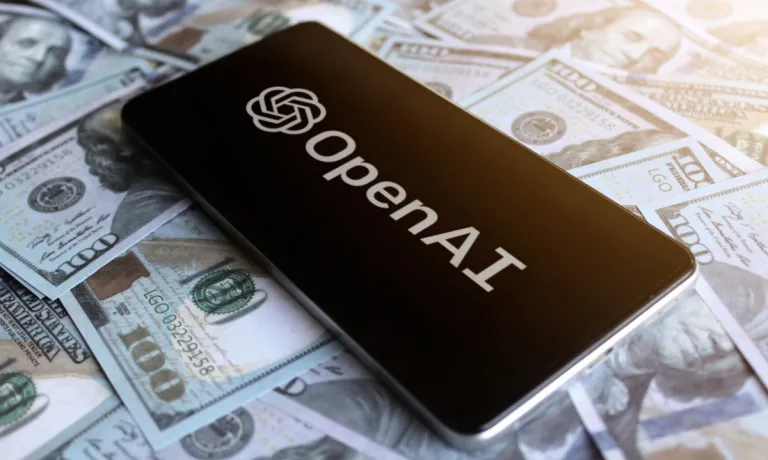OpenAI, the San Francisco-based artificial intelligence company known for developing ChatGPT, is navigating significant financial challenges as it seeks to transform from a nonprofit organization into a for-profit venture.
Despite rapid growth in both revenue and user numbers, the company is projected to lose about $5 billion this year, according to financial documents reviewed by The New York Times.
OpenAI has seen a remarkable surge in revenue, generating $300 million in monthly earnings in August 2024, up 1,700% since the start of the year. By 2025, the company estimates revenue could reach $11.6 billion. However, the high cost of operations and ongoing development has led to significant losses, with no clear profitability in sight.
To fund its ambitious growth and cover rising expenses, OpenAI is now seeking to raise between $6.5 billion and $7 billion in new capital, a move that could value the company at $150 billion, one of the highest valuations ever for a private tech company. This round of fundraising is being led by Thrive Capital, a venture firm founded by Joshua Kushner.
The influx of capital is crucial as OpenAI continues to scale its services. As of June, 350 million people were using its products, compared to just 100 million in March. The company anticipates $2.7 billion in annual revenue from ChatGPT alone, with more than 10 million people paying $20 per month to access its premium version. OpenAI plans to gradually raise the subscription price, potentially reaching $44 over the next five years.
Despite these impressive growth figures, OpenAI has experienced internal volatility. Several top executives have resigned in recent months, including Chief Technology Officer Mira Murati and Chief Research Officer Bob McGrew. These departures follow the earlier exit of co-founder and former Chief Scientist Ilya Sutskever.
OpenAI’s financial struggles come at a time when the broader AI industry is undergoing a revolution. Companies like Nvidia and Microsoft have heavily invested in AI development, with Nvidia’s CEO, Jensen Huang, describing the technology as part of a “new industrial revolution.” Yet, the AI sector remains volatile, with many companies still working to establish a profitable business model.
Wall Street’s enthusiasm for AI has cooled in recent months, reflecting concerns about the sustainability of the industry’s current growth trajectory. Stocks like Nvidia and Microsoft, which soared earlier in the year on AI hype, have since seen declines.
OpenAI’s future remains uncertain as it continues to invest heavily in developing advanced AI products, including exploring artificial superintelligence. The company ultimately aims to restructure into a public-venture corporation, balancing profit-making with a positive societal impact. However, it is unclear when or if OpenAI will go public, as its financial situation continues to evolve.
With input from the Street and PYMNTS.









